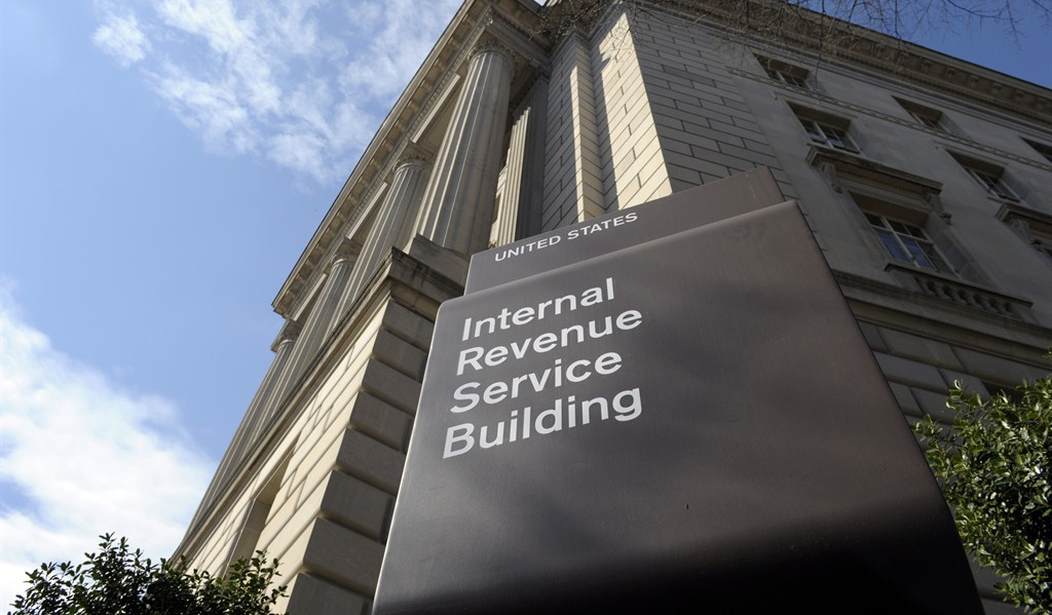The Republican presidential field is talking tax reform. (Beware the deceitful cries from the left of “tax cuts for the rich.”)
Several candidates favor some kind of flat tax on income and at least one, Mike Huckabee, likes the “Fair Tax,” a proposed levy on consumption, which seeks to do away with most or all other federal taxes.
The former is often portrayed as a system where the poor are disproportionally burdened and the latter as one where a federal monitoring agency, such as the IRS, is no longer needed. Neither portrayal is accurate.
The debate boils down to whether it’s better to tax goods and services or income. But assessing existing conditions is crucial. If we started today from a blank slate, a consumption tax, self-limiting by its nature, might be the preferred option. But as the entrenched federal tax system now stands, transitioning to a consumption tax would be an exercise in chaos.
Consider just some of the complications:
- Despite promises to abolish the IRS, federal monitoring would still be needed as evasion will remain an issue under proposed consumption tax rates. Inventory and sales records would need rigorous, even intrusive auditing. It may become the Inventory Review System, but an IRS would still exist in some oppressive incarnation.
- Forty-three states currently tax income and rely heavily on federal enforcement to ensure compliance. With that enforcement gone, there would be dramatically more state-level audits, or disarray as those states revamp.
- Five states currently have no sales tax. For a national sales tax to piggyback on existing state collection agencies, those states would have to create brand new bureaucracies.
Recommended
- Existing savers would be acutely impacted. Most savings, pensions and retirement nest eggs would lose substantial buying power. After having been already taxed at least once, that money would be taxed again on purchases.
- The new tax would create an economic boom and bust as purchases would skyrocket prior to inception. As a result, initial collections would be substantially reduced.
- The need to repeal the 16th Amendment, crucial if we're to avoid ending up with both taxes, is a Constitutional issue which can’t simply be tied to legislation.
- Proposed monthly “prebate” refunds from taxes on essentials would make EVERY U.S. household (not just forty-seven percent) a government beneficiary. This is a socialist scenario incompatible with American values.
- Other issues too extensive for a column are detailed in the Hugh Hewitt/Hank Adler book, “The Fair Tax Fantasy.”
Fixes have been suggested for some of these complications. But flattening rates is dramatically easier and has been shown to boost the economy and increase revenue under four presidents: Coolidge, Kennedy, Reagan and George W. Bush.
Taxing sales in a consumption-based society seems a sure way to reduce economic activity. Consider the adage that what you tax more of you get less of. But income is the exception. The natural drive to accumulate wealth will prove equal to any reasonable tax rate. Keeping all your income into the five figures and 80% or more of the rest is a road to prosperity.
And there are other beneficial features of a flatter tax code:
- In all its incarnations, a flat tax uses exemptions to zero out revenue from the poor.
· The elimination of the labyrinthine tax code would save filers untold billions in compliance costs.
· Those wanting a progressive tax structure actually get their wish with a single-rate system. E.g., $9000 exemptions per family member and a 17% single rate has a family of four paying zero on $36,000. At $50 grand, they pay $2380, an effective rate of less than 5%. Only the highest incomes approach the top rate.
· Flattening the rates would reduce the export of jobs and encourage companies to remain on our shores.
· The underground economy would shrink, as much unreported income could be disclosed with little or no tax consequence. Once in the system, established filing patterns and reasonable rates would produce a significant increase in compliance.
· The rate reductions of the ‘80s produced a bonanza of revenue, disproportionately from the pockets of the rich, who paid a higher percentage of the taxes under the lower rates. (If you wonder why we still had deficits, it’s because Congress spent the entire windfall – and then some.)
· 70,000 pages of tax code could be replaced by just a few, actually a 99.99% reduction.
· Lobbyists, lawyers, politicians, special interests and the IRS would lose much of their power and privilege.
So if we want to decimate the IRS, a single-rate system is the most practical solution.
And even the Bible favors a flat tax. The scriptural levy was 10%, regardless of income.

























Join the conversation as a VIP Member